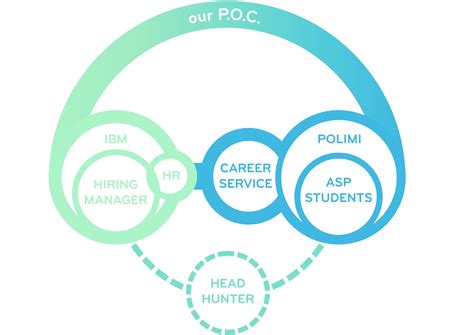The landscape of computer science education is evolving, but a glaring issue persists: the surprising number of CS graduates who lack fundamental knowledge of **Git** and version control systems. Git, a tool ubiquitous in both **software development** and *collaborative coding environments*, remains foreign to many who are otherwise proficient in theoretical aspects of computing. This discrepancy raises significant questions about the current state of computer science education and calls for a more integrated approach to merging academic learning with practical application.
The critique that many CS graduates aren’t equipped with basic Git skills is not an indictment of the students but rather an acknowledgment of a broader educational shortcoming. Commenter `miraculixx` notes that some students emerge from prestigious institutions with a sense of intellectual superiority but lack essential empathetic and practical skills. This sentiment underscores the need for educational institutions to emphasize not just theoretical prowess but also the soft skills and technical tools that are crucial for industry success. It’s alarming to hear stories from `jesselawson` about graduates from esteemed universities like Stanford and Harvard who, despite their academic credentials, struggle with the day-to-day realities of software engineering.
On the other hand, `seadan83` provides a layered perspective on this issue, arguing that the journey of understanding why certain practices, like using Git, are deemed ‘best practices’ is crucial for developing a well-rounded skill set. The ability to rollback changes or view file history in software development is akin to foundational skills in physical sports. Imagine not being able to dribble with your non-dominant hand in basketball—a significant handicap. Similarly, a lack of version control can severely limit a developer’s efficiency and effectiveness. He goes on to highlight the importance of using tools like `valgrind` in early education to avoid time-consuming debugging processes, suggesting that understanding basic version control could similarly enhance learning experiences.
From an educational standpoint, the observations from `zeroonetwothree` that CS programs might benefit from focusing on general knowledge instead of specific tools or languages, like Git, introduce another dimension to the debate. Yet, `knighthack` argues that the onus is on the students to be proactive learners, willing to explore and master tools that are integral to modern development practices. This highlights a crucial gap where academia potentially underprepares students for industry, expecting them to acquire vital tools like Git independently. This expectation might be unreasonably optimistic given that students are often bogged down by rigorous academic schedules and might lack the incentive to learn tools perceived as non-essential to coursework.
However, it’s not just about knowing Git commands. The discourse suggests the problem might be more profound, involving how foundational concepts in computer science are being taught. For instance, `WalterSear` critiques the tendency of some programs to teach algorithms and data structures without ensuring that students have the necessary practical coding skills. This theoretical-over-practical approach can result in graduates who might excel in abstract problem-solving but flounder when faced with real-world programming tasks requiring collaborative tools like version control systems. It brings up the suggestion that perhaps universities should include classes specifically tailored to incorporate tools like Git earlier in their curriculum, making technologies like distributed version control software part of the everyday vocabulary of every CS student.
Ultimately, integrating more practical skills training into computer science curricula could bridge the gap between academic knowledge and industry readiness. As `whitfieldsdad` and `yukinon` suggest, structured courses that incorporate version control systems, project management tools, and collaborative coding practices could be immensely beneficial. Setting up a private, self-hosted GitLab, as proposed by some educational institutions, fosters an environment where students can learn to navigate real-world tools along with their theoretical studies. In the end, while mastering tools like Git might only be a small part of the broader computer science education, it undoubtedly plays a crucial role in preparing future engineers who are not only theoretically sound but also practically proficient and industry-ready.


Leave a Reply